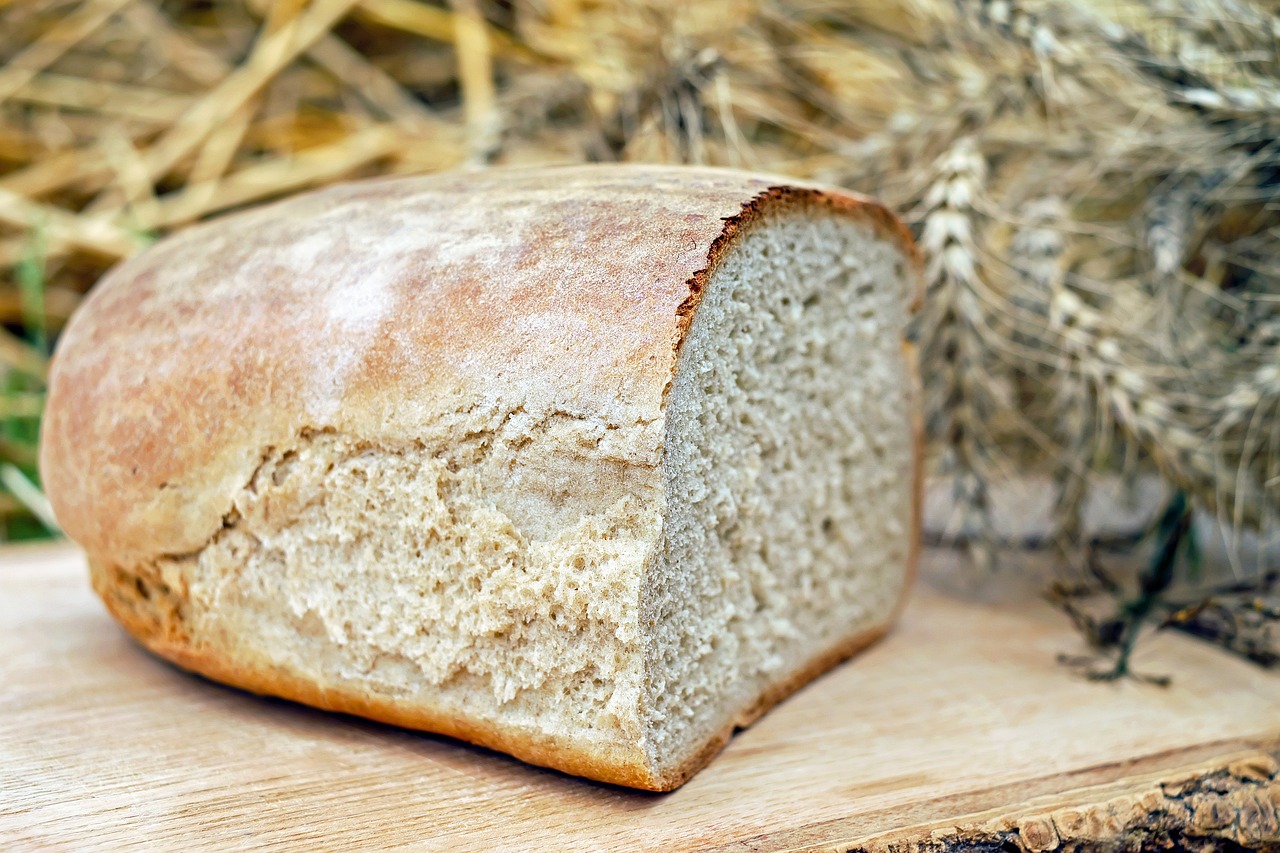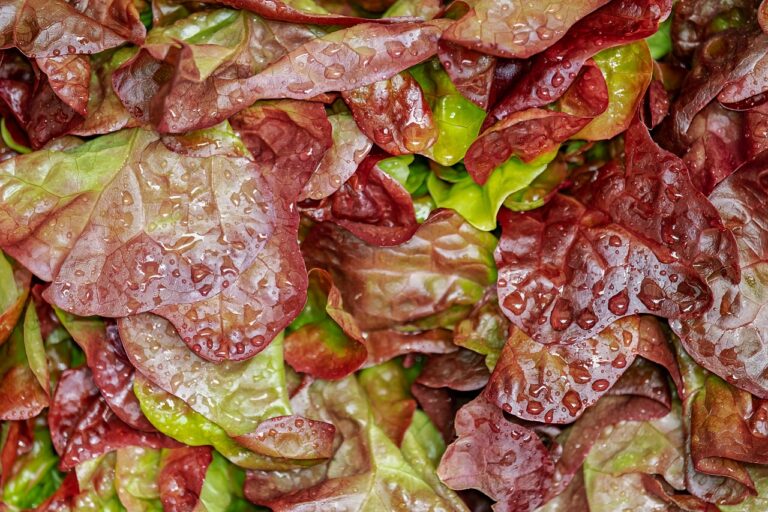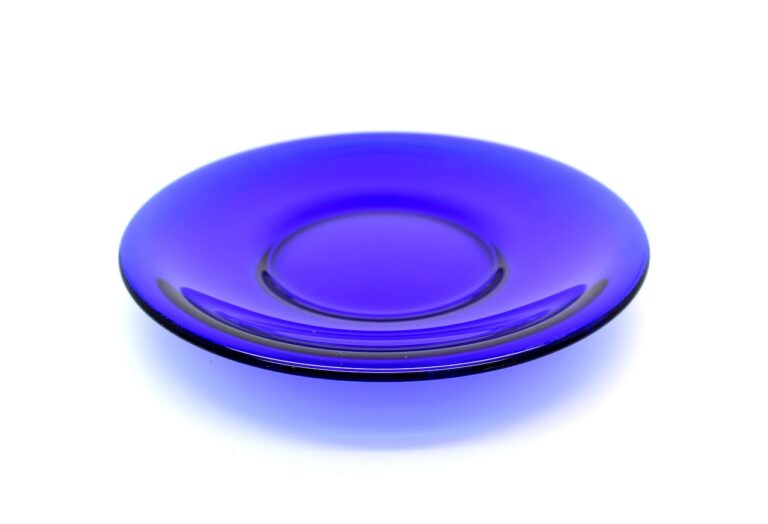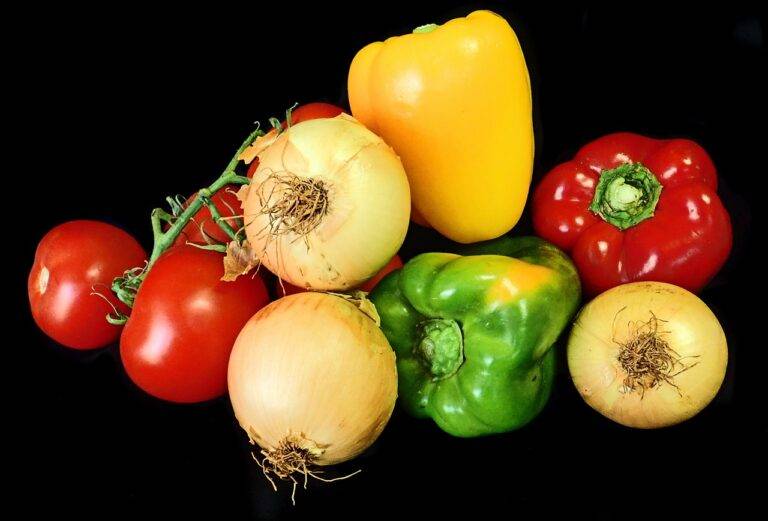Analyzing the Influence of Food Additives on Food Mouth Coating Properties
allpannel, laserbook247 com, 247betbook: Analyzing the Influence of Food Additives on Food Mouth Coating Properties
Food additives are substances added to food products to improve their flavor, appearance, texture, and shelf life. These additives play a crucial role in the food industry as they help enhance the overall quality of food products. One of the key aspects of food additives is their influence on food mouth coating properties. In this article, we will delve into the impact of food additives on how food feels in the mouth, and how they contribute to the overall sensory experience of consuming food.
Understanding Mouth Coating Properties
Before we discuss the influence of food additives on mouth coating properties, it is essential to understand what mouth coating properties entail. Mouth coating properties refer to the sensation that various food products leave in the mouth after consumption. This sensation can vary in terms of thickness, stickiness, creaminess, and overall mouthfeel. Food additives can affect these properties by altering the texture, viscosity, and lubricity of the food product.
Impact of Food Additives on Mouth Coating Properties
1. Emulsifiers
Emulsifiers are additives that help stabilize emulsions, preventing separation of ingredients like oil and water in food products. Emulsifiers can contribute to the smoothness and creaminess of foods, affecting the mouthfeel. Common emulsifiers such as lecithin and mono- and diglycerides can enhance the mouth coating properties of products like salad dressings, mayonnaise, and sauces.
2. Thickeners
Thickeners are additives that increase the viscosity of food products, giving them a thicker consistency. Thickeners like guar gum, xanthan gum, and carrageenan can influence the mouthfeel by providing a more substantial and satisfying texture. They are commonly used in products like soups, sauces, and desserts to enhance mouth coating properties.
3. Sweeteners
Sweeteners are additives that impart sweetness to food products. While they primarily contribute to the taste of food, certain sweeteners like sugar alcohols can also affect mouth coating properties. Sugar alcohols such as sorbitol and xylitol have a cooling effect in the mouth, which can influence the overall sensory experience of consuming sugar-free products like candies and chewing gum.
4. Stabilizers
Stabilizers are additives that help maintain the texture and consistency of food products. Stabilizers like pectin, agar-agar, and gelatin can improve the mouthfeel by creating a smooth and cohesive texture. They are often used in dairy products, confectionery, and desserts to enhance mouth coating properties.
5. Antioxidants
Antioxidants are additives that prevent oxidation and spoilage of food products. While antioxidants primarily help preserve the shelf life of food, they can also influence mouth coating properties. Certain antioxidants like vitamin E and ascorbic acid can contribute to the freshness and overall quality of food products, affecting the mouthfeel.
6. Flavors
Flavors are additives that enhance the taste and aroma of food products. While flavors predominantly impact the taste of food, they can also influence mouth coating properties by creating a lasting sensation in the mouth. Strong flavors like menthol and peppermint can provide a refreshing and cooling effect, enhancing the overall sensory experience.
FAQs
1. Are food additives safe for consumption?
Most food additives used in the food industry are rigorously tested and regulated by food safety authorities to ensure they are safe for consumption. However, some individuals may be sensitive or allergic to certain additives, so it is essential to read food labels and consult with healthcare professionals if needed.
2. Can food additives affect individuals with dietary restrictions?
Individuals with dietary restrictions, such as allergies, intolerances, or specific dietary preferences, should be cautious when consuming food products with additives. Some additives may contain allergens or ingredients that are not suitable for certain dietary restrictions, so it is important to check food labels and choose products accordingly.
3. How can I identify food additives in food products?
Food additives are usually listed on food labels by their specific names or E numbers. You can refer to food labeling regulations to understand the types of additives used in food products and their respective functions. Additionally, you can research specific additives to learn more about their impact on food properties.
In conclusion, food additives play a crucial role in influencing the mouth coating properties of food products. By understanding how different additives affect the texture, viscosity, and overall mouthfeel of foods, we can appreciate their impact on the sensory experience of consuming food. Whether it is enhancing the creaminess of a sauce, the thickness of a dessert, or the freshness of a beverage, food additives contribute to the diverse world of flavors and textures we enjoy.







